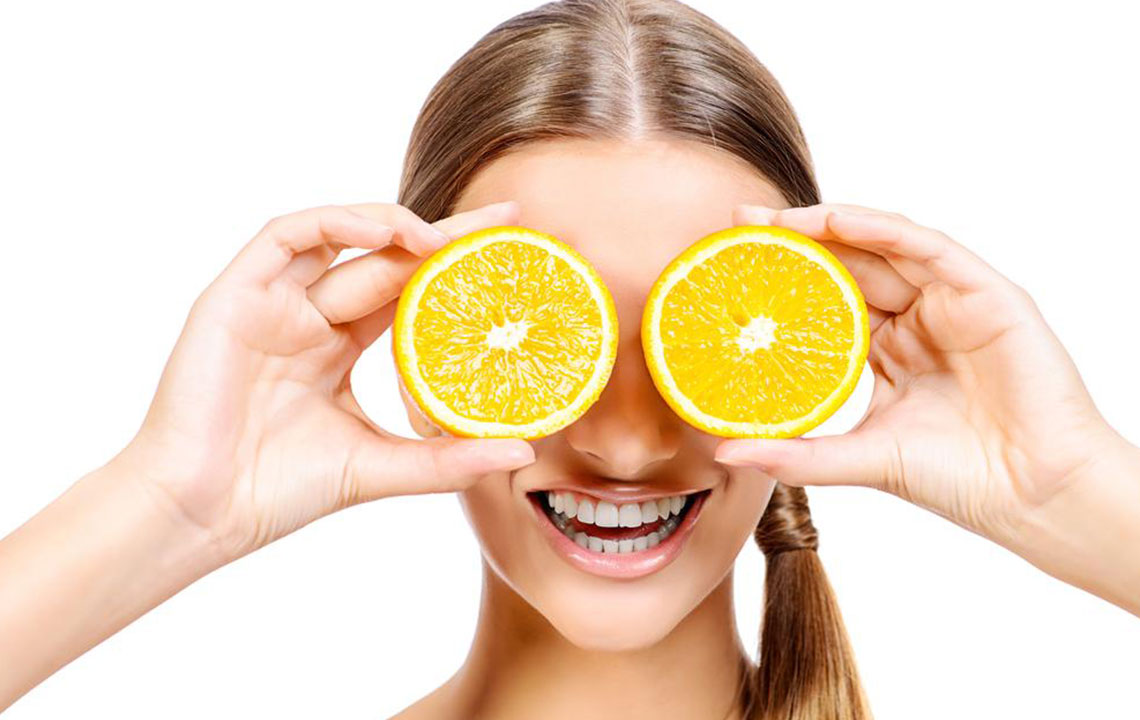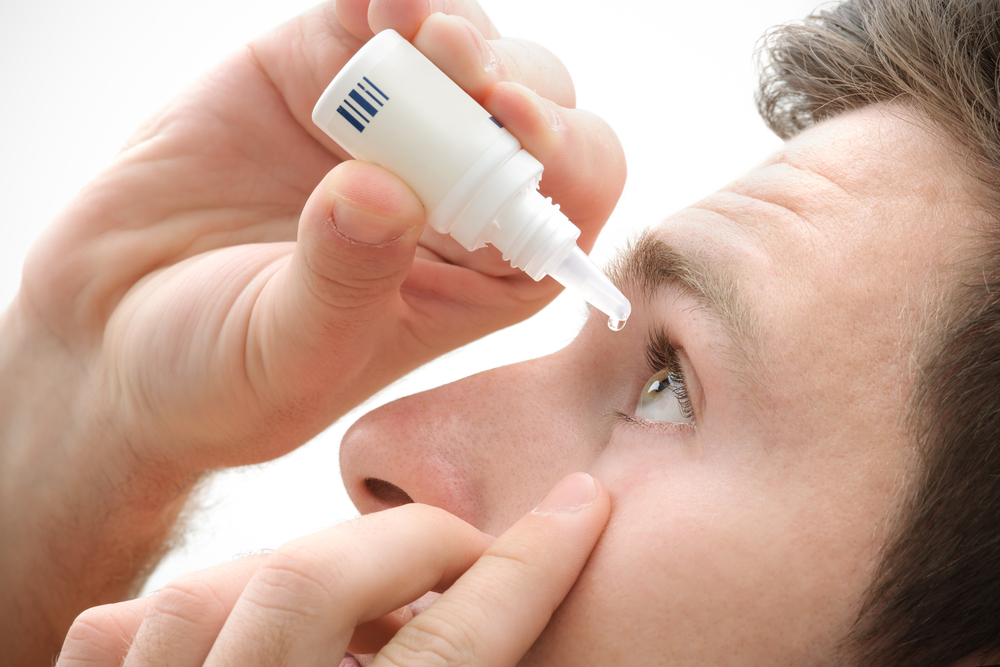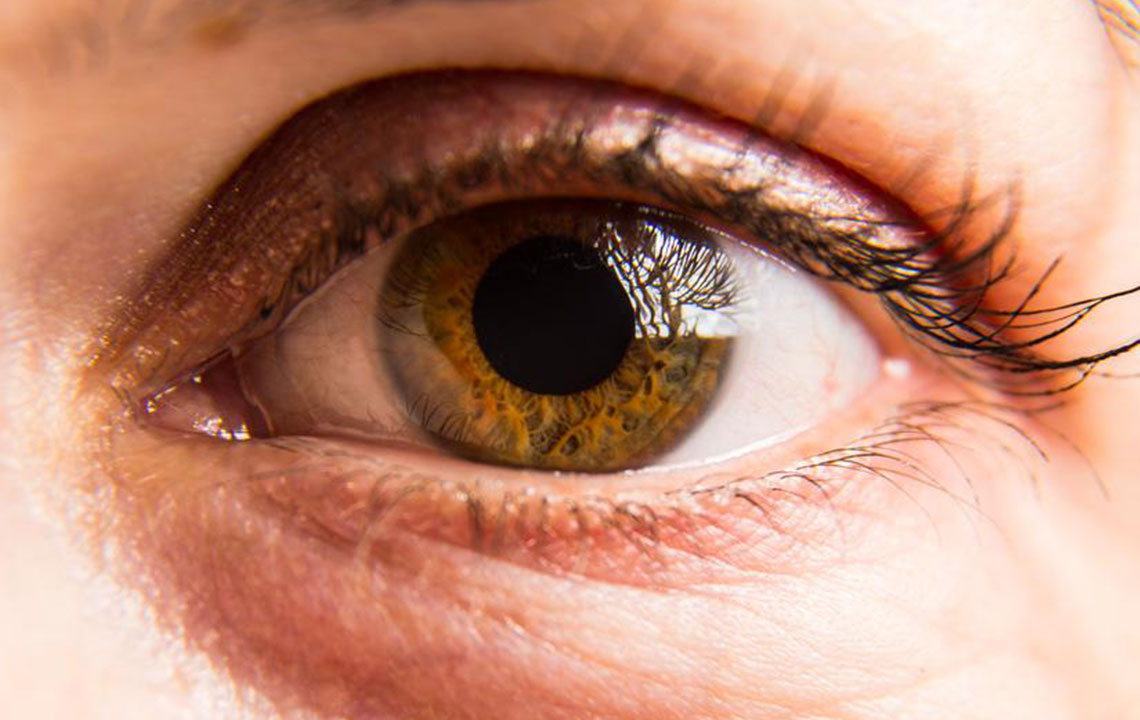Essential Dietary Guidelines for Maintaining Optimal Eye Health
Proper eye health depends heavily on dietary choices and lifestyle habits. Limiting foods high in trans fats, mercury-contaminated seafood, excessive caffeine, and sugary drinks can significantly reduce the risk of eye diseases. Wearing UV protection sunglasses and exploring medical treatments also contribute to long-term wellness. This comprehensive guide provides essential tips and strategies for maintaining optimal eye health through nutrition, sun protection, and therapeutic options, helping you protect your vision for years to come.

Essential Dietary Guidelines for Maintaining Optimal Eye Health
Your dietary choices play a pivotal role in preserving your eye health and preventing vision loss over time. The eyes are highly vascular organs that depend on a consistent supply of nutrients and oxygen through intricate blood vessels. Poor eating habits that include certain unhealthy foods can impede blood flow, contribute to the buildup of harmful substances, and accelerate age-related eye conditions. To safeguard your vision, it’s crucial to understand which foods might harm your eyes and take proactive steps to limit or avoid them. This comprehensive guide explores the top foods that can negatively impact ocular health and offers practical tips for protecting your precious sight.
Trans Fats in Margarine and Processed Foods
Margarine, especially varieties processed with hydrogenated oils, is a common substitute for butter. However, it often contains trans fats, which are known to elevate LDL cholesterol levels and contribute to the development of atherosclerosis. High cholesterol can impair blood circulation, including within the delicate vessels of the eyes, increasing the risk of vascular occlusions, retinal damage, and other vision-threatening conditions. Therefore, it’s advisable to opt for healthier fats like olive oil or avocado and read food labels carefully to avoid trans fats.
Red Meat and Its Impact on Eye Health
While red meat is a nutrient-rich source of protein, iron, and zinc, it frequently contains preservatives like salt and additives that may raise blood pressure. Excessive intake of high-fat cuts of red meat can also lead to elevated cholesterol levels. Chronic high blood pressure can cause fluid accumulation beneath the retina, leading to complex conditions such as Choroidopathy, which can impair vision. Moderation is key, and incorporating leaner meats, plant-based proteins, and fish can support healthier blood vessels and better eye health.
Seafood and Mercury Concerns
Fish is widely recognized as a dietary staple for eye health because of its high omega-3 fatty acid content. Omega-3s help reduce dry eyes, support visual development, and combat age-related macular degeneration (AMD). However, certain seafood can be contaminated with mercury, a potent neurotoxin that can accumulate in the eyes and impair retinal function over time. To minimize mercury exposure, choose smaller fish such as sardines, salmon, or mackerel, and ensure they are sourced from reputable suppliers. Cooking seafood thoroughly and balancing its consumption with other nutrient-rich foods strengthens eye health.
Caffeine Intake and Intraocular Pressure
Many people enjoy coffee for its stimulating effects, but excessive caffeine consumption can have adverse effects on eye health. Caffeine can temporarily raise intraocular pressure (IOP), which is particularly concerning for individuals with glaucoma or ocular hypertension. Elevated IOP can damage the optic nerve, leading to progressive vision loss if left untreated. Limiting daily caffeine intake to moderate levels—and combining it with proper hydration—is advisable for safeguarding eye health, especially in at-risk populations. Alternative hydration options such as herbal teas or infused water can be refreshing replacements.
Sugary Drinks and the Risk of Diabetic Eye Diseases
Soft drinks, energy beverages, and flavored lemonades are among the most common culprits of excessive sugar intake. Many of these drinks contain seven to ten teaspoons of sugar per serving, which significantly elevates the risk of developing diabetes and cardiovascular diseases. Elevated blood sugar levels can damage the tiny blood vessels in the eyes, leading to serious conditions like diabetic retinopathy and age-related macular degeneration (AMD). To promote better eye health, reduce your consumption of sugary beverages, opt for water or unsweetened herbal drinks, and maintain a balanced diet rich in fruits, vegetables, and whole grains.
Protective Measures Against UV Damage with Sunglasses
Aside from diet, exposure to ultraviolet (UV) rays from the sun is a major factor in eye deterioration, particularly affecting the macula—the central part of the retina responsible for sharp vision. Consistent UV exposure can accelerate aging and lead to conditions like macular degeneration. Wearing sunglasses that block 100% of UVA and UVB rays is essential for maintaining ocular health. Reputable brands such as Ray-Ban, Oakley, Persol, and American Optical offer high-quality options that ensure reliable UV protection. Donning sunglasses outdoors, especially during peak sunlight hours, is a simple yet effective strategy to mitigate UV-related eye damage.
Available Therapeutic Options for Eye Conditions
In addition to dietary and lifestyle modifications, various treatments and therapies are available for specific age-related or chronic eye conditions. For instance, presbyopia, a common age-related decline in near vision, can be managed with VUITY eye drops, which temporarily improve near focus. For dry eyes, products like LUMIFY help reduce redness and discomfort, while CEQUA™ enhances tear production to combat dryness and irritation. For allergic or inflammatory eye issues such as vernal keratoconjunctivitis, medications like Verkazia® deliver cyclosporine directly to the eye to reduce symptoms effectively. Consulting an eye care professional for personalized treatment plans is vital to preserving visual acuity and overall eye health.





